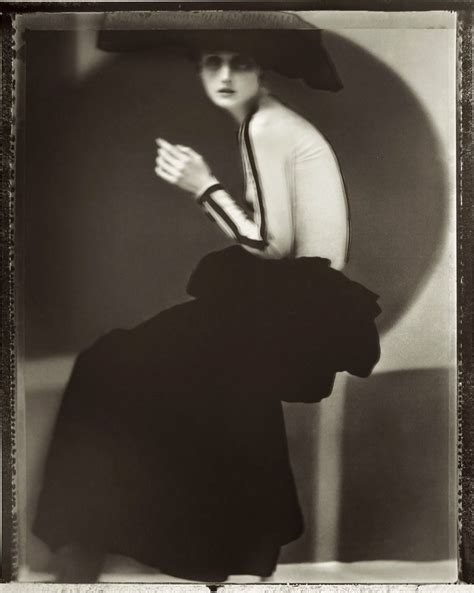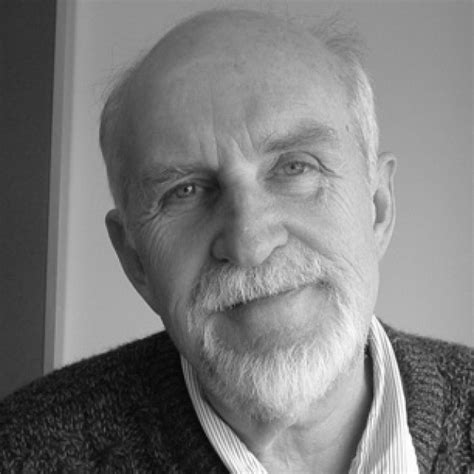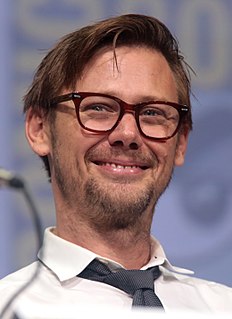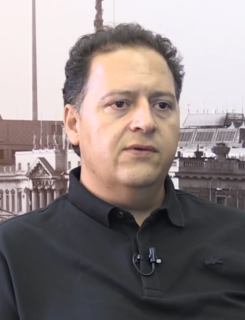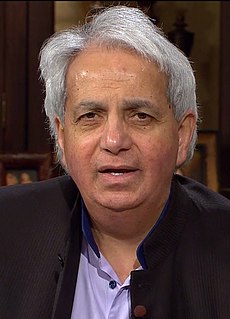A Quote by Joel Edgerton
Part of me wonders what it would have been like to have had my first experience of India in a normal way, rather than through the eyes of a film.
Related Quotes
War seems to me to be a mean, contemptible thing: I would rather be hacked in pieces than take part in such an abominable business. And yet so high, in spite of everything, is my opinion of the human race that I believe this bogey would have disappeared long ago, had the sound sense of the nations not been systematically corrupted by commercial and political interests acting through the schools and the Press
As a child, I felt that the Indian part of me was unacknowledged, and therefore somehow negated, by my American environment and vice versa. Growing up, I was impatient with my parents for being so different, holding on to India the way they did, and always making me feel like I had to make a choice of which way I would go.
I have always wanted to make a series of films which would be like an 'emotional history' that conveys what it feels like to live through history as an experience rather than a grand story. It would be about the relationship between the tiny fragments and moments of personal experience, and the continual backdrop of big events.
It was a really strange experience. It was very creative for Alejandro Amenábar. It was almost like it was the most I ever felt like I was helping someone paint. They had a very clear idea of what they wanted it to look like, sound like, be like. So, there was no operating outside the box. The only way to help him was to try to really be a part of his imagination and try to make it happen. He's a super kind and loving person. So, you wanted to help him. It just was none of my normal ways of helping a director work at all. So, it was a unique experience for me that way.
Normal adult shopping is something I will never actually do, because it's no more possible for me to go shopping like normal adults do than it is for a man with no legs to wake up one day and walk. I can't miss shopping like you'd miss things you once had. I miss it in a different way. I miss it like you would miss a train.
[Maigret Sets a Trap] was always going to be the first film, and it seemed to be quite a nice story. But of course it meant that here I was playing this new character for the first time, in a place where he had been a relative failure, as all these people had been murdered and the pressure was on. Rather than starting optimistically with his pipe in front of the fireplace, he was in quite a difficult place.
Had He (Jesus) not offered Himself through the Holy Ghost, He would not be accepted in the eyes of God the Father. Nor would He have endured the sufferings of the cross. Had He not presented Himself through the Holy Ghost, His blood would not have remained pure and spotless. And let me add this: Had the Holy Spirit not been with Jesus, He would have sinned.

